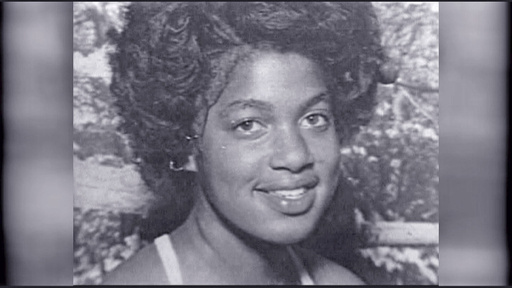
NEW ORLEANS — The city of New Orleans, in collaboration with the U.S. Justice Department, is advocating to conclude over ten years of police oversight that was initiated due to a troubling history of mistreatment of African American citizens and widespread corruption within the police force. This oversight was prompted by numerous incidents, including a murder in 1994 instigated by a corrupt police officer and an attempt to cover up the unlawful deaths of unarmed civilians post-Hurricane Katrina.
Critics argue that the reforms implemented are far from a success and are not a model that should be adopted elsewhere. During a public hearing on Tuesday, numerous residents recounted personal incidents of police brutality and pointed out ongoing racial disparities in the use of force, inadequate responses to sexual assault cases, and a lack of genuine community engagement. An elderly Black citizen even pleaded on his knees, urging the judge to retain oversight measures.
After a Justice Department investigation in 2013 exposed evidence of racial bias, misconduct, and a pervasive culture of impunity, the city consented to what it described as “the nation’s most expansive” federal oversight program. Police Superintendent Anne Kirkpatrick claimed that the objectives of this initiative have been met, stating, “We’ve built that system.”
While many recognize the transformation within the police department, which has seen the introduction of improved policies and leadership, there remains a significant concern that officers still disproportionately use force against Black individuals. Community activists argue that their voices continue to be overlooked. “The community that the NOPD serves needs to feel included and heard,” remarked Stella Cziment, who heads the Office of the Independent Police Monitor, an agency controlled by civilians.
The situation on the ground in Minneapolis has sparked discussions regarding the effectiveness of similar reforms, especially in light of George Floyd’s tragic death. Following the initial consent decree, one of the overseeing lawyers established a nonprofit and enlisted former NOPD leaders to supervise the Minneapolis police, leading to criticism from fellow attorneys regarding potential conflicts of interest.
Public sentiments in New Orleans highlight many ongoing issues, including payroll fraud allegations, charges of corruption involving city officials, and an alarming rate of unresolved rape cases. However, Rafael Goyeneche, the president of the Metropolitan Crime Commission, insists that the oversight should be celebrated as a stepping stone, especially in view of the department’s problematic past. He noted that having over 900 officers means some may stray, but that doesn’t necessarily tarnish the entire department’s reputation.
According to Jonathan Aronie, who serves as the lead federal monitor, advancements in policies and training have enabled clearer accountability, with data indicating an absence of unconstitutional practices now being a standard baseline rather than an endpoint for policing in New Orleans.
Nevertheless, the statistics reflect a stark reality: in a city where more than half the population is Black, nearly 90% of instances involving police force last year were directed at Black individuals. This troubling figure mirrors racial disparities previously highlighted by the Justice Department, prompting calls for continued oversight. Rachel Taber, an organizer with the immigrant advocacy group Unión Migrante, questioned the wisdom of dismantling such protective measures for citizens’ civil rights.
Kirkpatrick acknowledged the department’s responsibility to scrutinize the reasons behind disparities but emphasized that not every instance of disparity is indicative of bias. The statistics reveal that instances of police force are significantly more common against Black individuals when juxtaposed with white individuals. However, given that both groups displayed similar arrest rates post-force incidents in 2023, police and federal monitors argue that this does not automatically imply premeditated racial bias.
Community activists confronted federal monitors regarding these disparities, to which Aronie responded that the focus had been on enhancing policies and frameworks despite the complex nature of inherent institutional bias present nationwide. Activist Zunyana Crier expressed the desire for the city’s policing practices to better reflect just statistics before the NOPD steps away from oversight.
Moreover, community engagement remains a significant hurdle, with mandated community surveys not having been refreshed since 2019. Neighborhood advisory boards, intended to bolster engagement, have largely become ineffective. Deputy Superintendent Nicholas Gernon acknowledged this failure and expressed commitment to rectifying the issue. Criminal justice advocates have also noted the deficiencies in multilingual accessibility for public comments.
As discussions progress, the outlook remains uncertain. Should U.S. District Judge Susie Morgan decide to conclude the consent decree, there will be an additional two-year “sustainment period” for the oversight.

